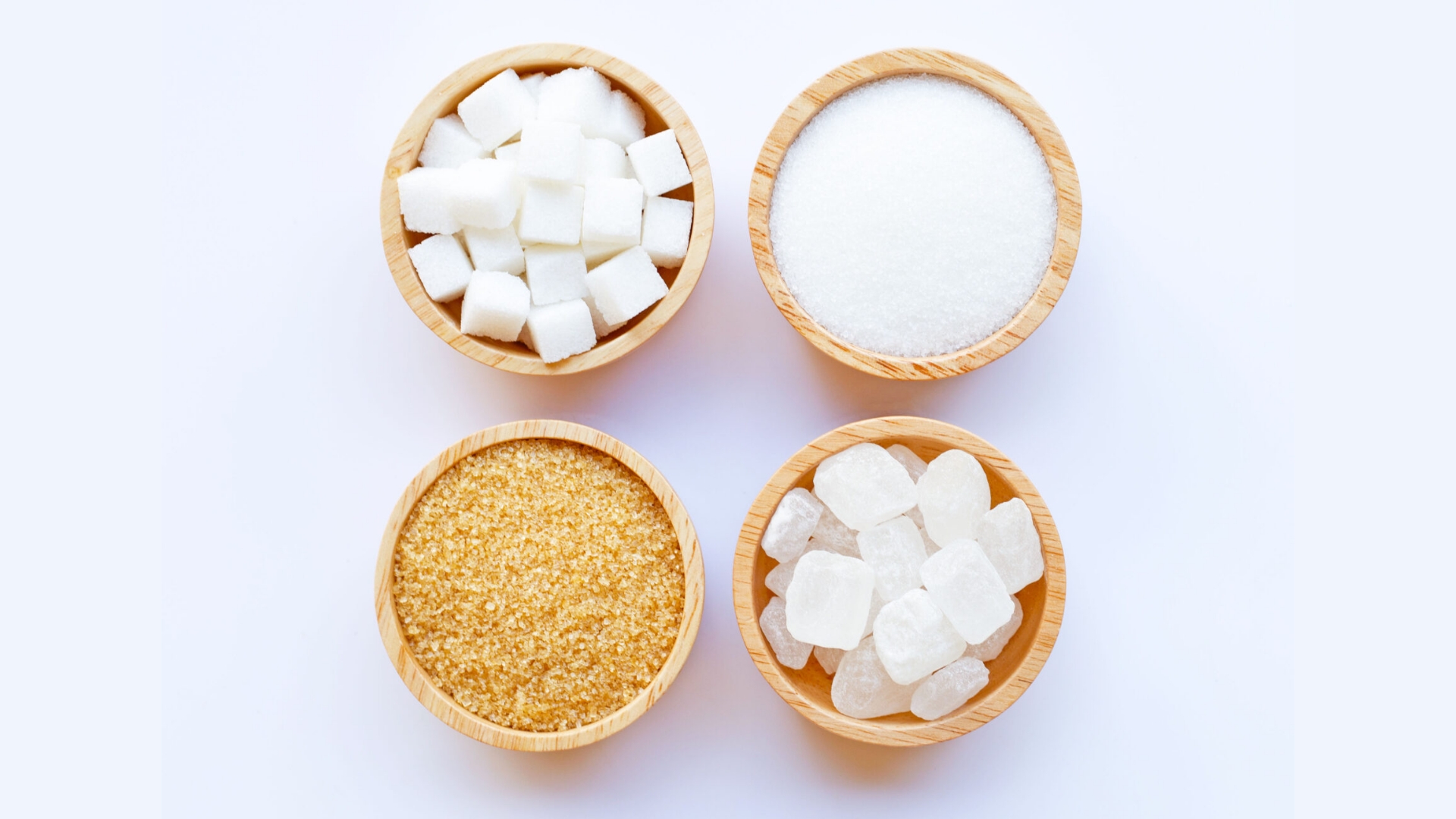Latest research reveals that a complete sugar cut might be more harmful than moderate consumption.

New research published in Frontiers in Public Health has made a surprising discovery about the link between sugar and heart health. The study followed thousands of individuals for over a decade to investigate the impact of different sugar sources on cardiovascular disease risk.

The journal Frontiers in Public Health released a new study last week with the headline "Added sugar intake and its associations with incidence of seven different cardiovascular diseases." Between 1997 and 2009, 69,705 Swedish men and women were polled about their diet and lifestyle choices. Three categories of sugar were explicitly tracked: sweetened liquids like soda, sugar toppings like honey, and sweets like pastries. To ascertain "the associations between intake of added sugar and various sugar-sweetened foods and beverages and risk of seven cardiovascular diseases," the study also monitored participants' incidences of seven distinct cardiovascular diseases, including heart attacks and strokes. It also produced some unexpected findings.
Although the results differ depending on the source of added sugar, the researchers found a general correlation between consumption of added sugar and cardiovascular illnesses. And added sugar in sweetened beverages is the greatest offender of all.
“There were statistically significant linear associations between total added sugar intake and ischemic stroke and abdominal aortic aneurysm,” the researchers noted in their results. “High intake of sweetened beverages was associated with higher risk for most of the studied outcomes, for which positive linear associations were found.”
It's crucial to remember, though, that the opposite end of the spectrum didn't do much better. Those who consumed no sweets had the highest risk of cardiovascular events, and occasional treat consumption was linked to better outcomes than no treats at all. The results showed that "a low intake of treats was associated with a higher risk of all the studied outcomes."
“The most striking finding from our study is the divergent relationship between different sources of added sugar and cardiovascular disease risk,” Suzanne Janzi, PhD candidate at Lund University and corresponding author of the article in Frontiers in Public Health, shared in a statement. “This surprising contrast highlights the importance of considering not just the amount of sugar consumed, but its source and context.”
Low sugar consumption may not be required or advantageous for cardiovascular health, according to a study by Janzi et al. According to the study, we may overindulge because liquid sugars in sodas and other added-sugar drinks do not immediately make us feel full. Since snacks are frequently consumed in social situations or on special occasions, context is especially important. The results may not be immediately applicable to other populations with distinct food traditions because the study is observational in nature and uses self-reported data. Nonetheless, the American Heart Association advises consuming no more than six to nine teaspoons of sugar daily.
The study, however, throws a curveball: it suggests that completely cutting sugar out of your diet might not be the healthiest path. While excessive sugar consumption is undoubtedly linked to cardiovascular risks, the findings hint that a moderate intake of treats could actually offer some protection. This surprising twist highlights the complex and nuanced relationship between sugar and health.
Ultimately, this research serves as a reminder that a one-size-fits-all approach to sugar restriction might not be the answer. We need to move beyond simply cutting it out and delve deeper into understanding the interplay between different sugar sources, dietary patterns, and overall health outcomes. The journey to a healthier heart is likely more nuanced than just avoiding all sweetness.
Via foodandwine.com